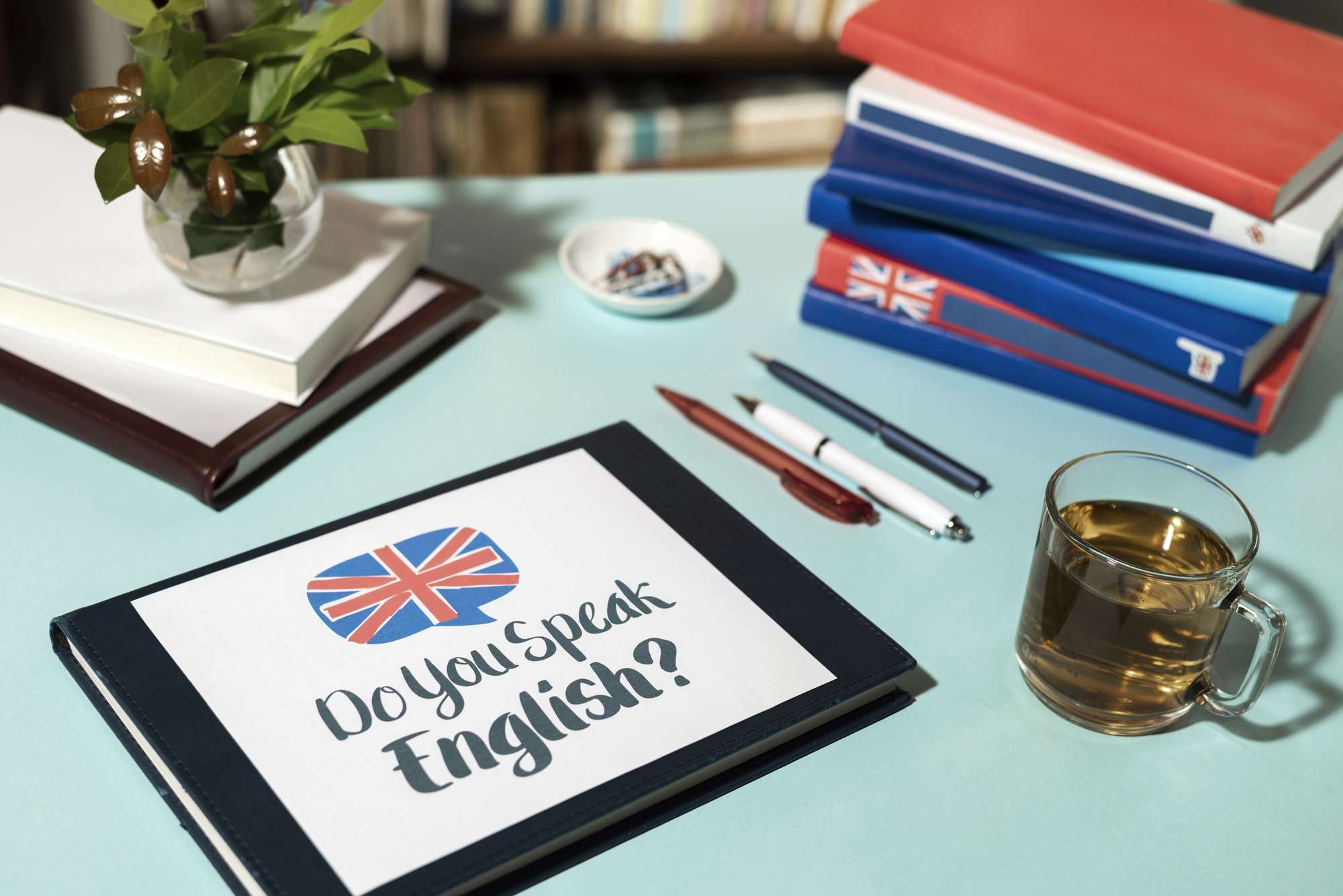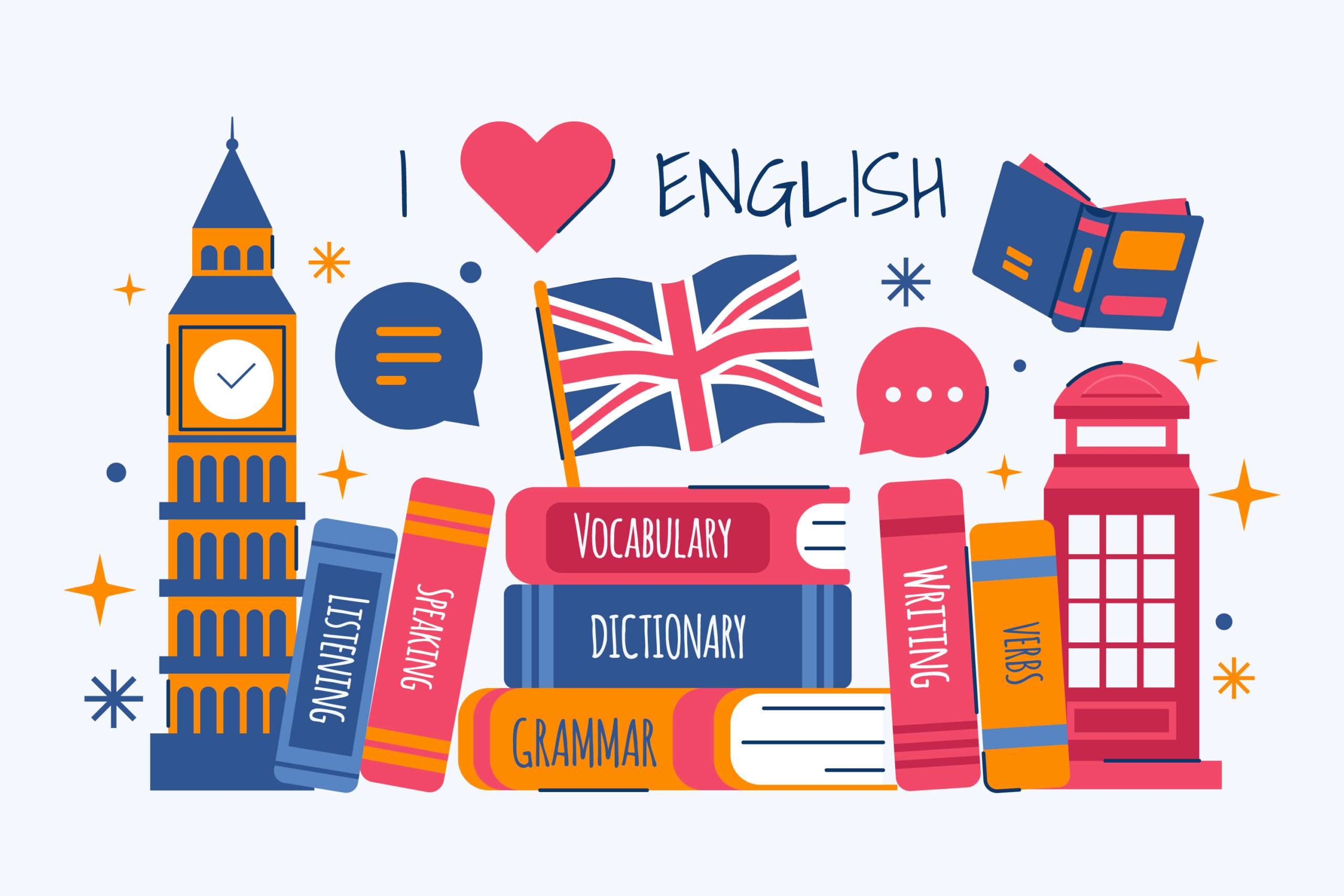How to Ace Your Preparation for IELTS Test: Tips for Non-Native English Students
Do you want to study abroad for your academic or professional aspirations? You must prepare for the IELTS (International English Language Testing System) exam, a standardized English language exam. The score of this exam is often considered the benchmark to ascertain your competency to go abroad and study or work. If you are a non-native English student, preparing for the exam can be quite tough for you. Here are some tips to help you ace the IELTS English test easily.
Listen to podcasts and music in English
Well, most of these come for free! You can download them if you like or just stream them from popular platforms like YouTube, Spotify and the like. Try to grasp the context and pay attention to content or lyrics. It will refresh you and introduce you to an all-new world that you were hardly familiar with before.
You can also listen to many audio stories in English on these platforms. Romance, horror, sci-fi, adventure – so many genres are covered in these stories. You will simply love to hear them and also learn at the same time. The more you listen to them, the better you will get in understanding the language. It will definitely help you during the IELTS listening test.
Watch English content
What better way to learn English than in a fun way? Watch English TV shows and movies. Trying to grasp the expressions, colloquialisms, and pronunciation of the characters to enrich yourself with the varied nuances of the English language.
The more you see English content, you can understand the way different words are used while conversing in the language. You get to assess the body language while expressing different words/phrases/clause and how to articulate words properly to make them easily understandable. You can write and speak in a similar fashion during the test.
Join English speakers or English-speaking community
For non-native English speakers, it can be quite tough to speak English with fluency. However, this is why you should be with people whose mother tongue is English, or at least people who use the language for their daily conversations.
Mix with English-speaking people or language exchange partners. Be in their company. Try conversing in the language. It might be difficult at present and words will come halting forth. Do not worry. The more you converse, the more your fluency will be. You can also listen and understand English words better.
Record your own speech
It is probably one of the best ways to improve your speech and fluency in English. When you record your English speech and play it back, you can easily find out which areas you need to improve on.
Listen to your recorded speech over and over again. Make a mental note of the areas that need improvement in intonation and pronunciation. Then, try recording yourself again, aiming to perform better this time.
Do this over and over again. In a few attempts, you will overcome quite a few problems. Start with a speech with simple words and progress to harder words gradually.
Improve Your written English skills
Read English sentences properly and analyze the vocabulary, sentence structure and overall composition. Try to recreate this in your writing, using accurate and clear sentences. Begin with basic journal entries and progress to more complex writing exercises gradually. Share with experienced writers whatever you have written and get feedback. It will improve your weak areas.
Cracking the IELTS exam is an important step in your career, enabling you to opt for overseas studies, career opportunities abroad or for immigration application approval. Follow these tips and get started!
Also Read
Why Take Up an English Communication Skills Improvement Course: A Guide for Working Professionals
Are you proficient in English? In this globalised world, you need to be able to communicate effectively in English. It is an important skill, a must-have for professionals across various...
Common Mistakes to Avoid During IELTS Preparation: How to Prepare with Accuracy
Are you planning to take the IELTS exam? Just why do you need to do it for? You must have realistic objectives, and a clear idea about why you want...


